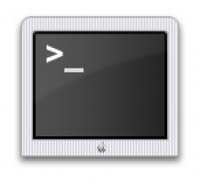Dopo ping, telnet e dig continueremo a vedere altri strumenti utili per l’analisi della rete fatta da linea di comando Traceroute traceroute è uno strumento di rete usato per mostrare il percorso intrapreso dai pacchetti attraverso un protocollo Internet (IP) di rete. Una variante IPv6, traceroute6, è anche disponibile. Lo strumento traceroute è disponibile praticamente […]
Il server appare piuttosto lento potrebbero essere molte cose dalle configurazioni errate, script e hardware con problemi, ma a volte potrebbe essere perché qualcuno sta inondando il server con traffico conosciuto come DoS (Denial of Service) o DDoS (Distributed Denial of Service).
Attacco denial-of-service (attacco DoS) o attacco Distributed Denial-of-service (DDoS attack) è un tentativo di rendere non disponibile una macchina o risorsa di rete per i suoi utenti previsti. Questo attacco generalmente indirizzato a siti o servizi ospitati sui server web di alto profilo come banche, i gateway di pagamento con carta di credito, e persino i root nameserver. Attacchi DoS sono attuati forzando il computer remoto ad un reset, o consumando le risorse in modo che non possa più fornire i propri servizi o ostacolando i mezzi di comunicazione tra gli utenti e la vittima in modo che essi non possano più comunicare in modo adeguato.
In questo piccolo articolo vedrete come controllare se il server è sotto attacco dal terminale Linux con il comando netstat Continue reading »


